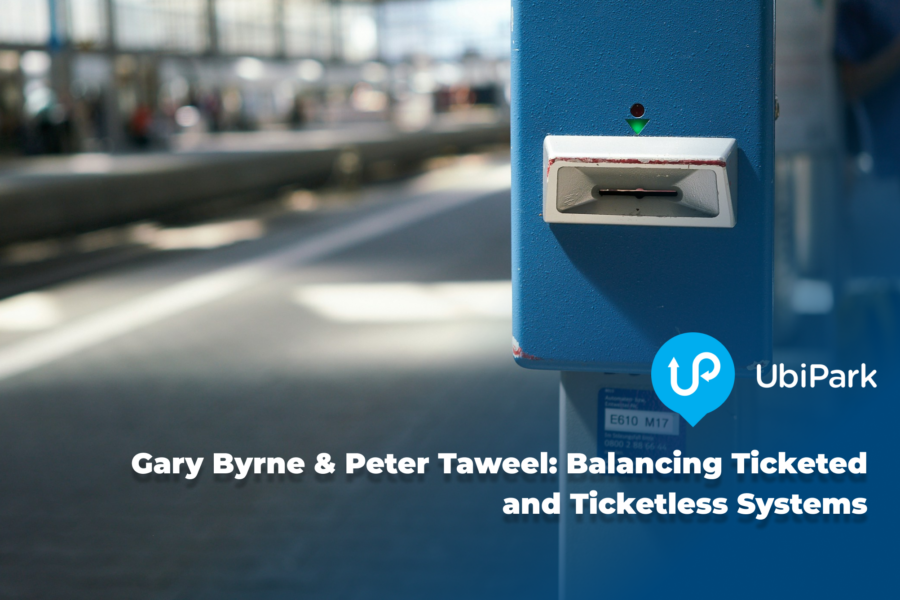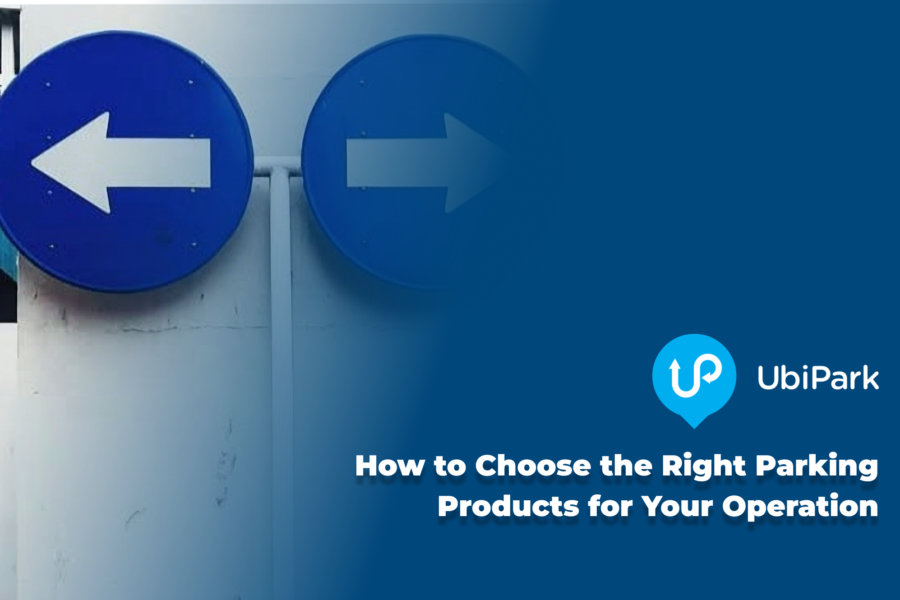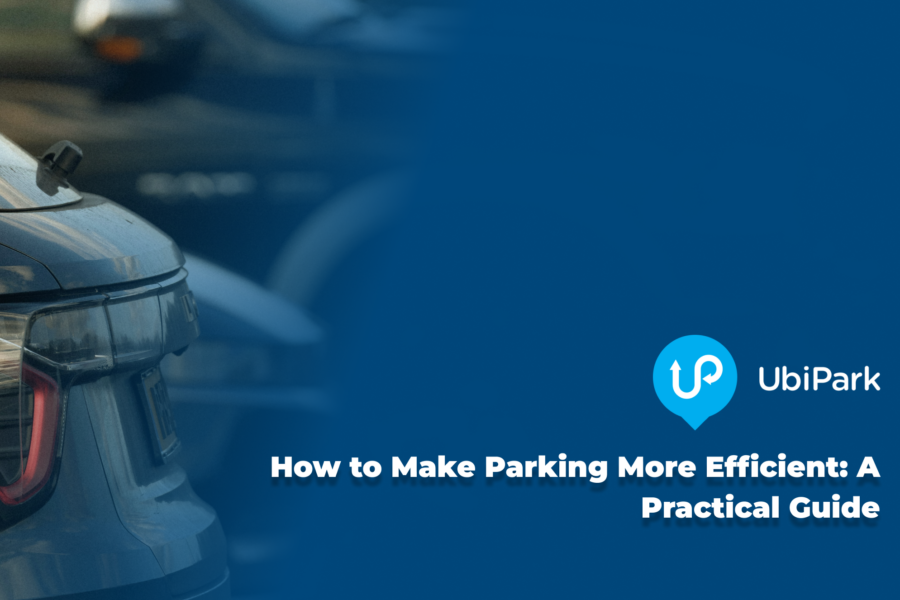Gary Byrne & Peter Taweel: Balancing Ticketed and Ticketless Systems

November 8, 2024
Parking management is evolving rapidly to accommodate the needs of consumers and retailers alike. As businesses seek to enhance customer experiences and streamline operations, choosing between ticketed and ticketless systems becomes a pivotal decision. Gary Byrne from Park Aid and Peter Taweel from Mirvac discussed this in-depth at UbiCollaborate 2024.
Enhancing Customer Experience with Parking Validations
Validating parking for customers can enhance the shopping or entertainment experience in many settings, especially in places like cinemas and retail centres. For example, some cinemas offer free or discounted parking for moviegoers as part of the ticket purchase, which customers appreciate, especially for longer stays. In contrast, shoppers who make larger retail purchases often express frustration at not receiving similar parking benefits.
Integrating parking validations across various stores and service providers can create a consistent experience and increase customer satisfaction. By adopting such approaches, retailers can make parking part of the shopping experience, alleviating customer frustration and encouraging longer, more enjoyable visits.
Weighing the Pros and Cons of Ticketed and Ticketless Systems
Both ticketed and ticketless parking systems have distinct operational advantages. Ticketed systems are often reliable for high-volume areas, as they provide a clear process for entry and exit. However, they require onsite staff to ensure regular maintenance and handle any potential malfunctions. With proper management and cleaning, these systems can operate smoothly with minimal downtime. This routine maintenance is often built into the staff’s roles, ensuring consistent operation and customer convenience.
Ticketless systems, on the other hand, are favoured for their streamlined process and reduced maintenance needs. By eliminating the physical tickets, these systems reduce wear on machinery and allow for a remote-first approach to troubleshooting. Ticketless systems are particularly suited for unmanned or remote-operated sites, where physical ticketing would require more resources to manage. Additionally, fewer moving parts mean fewer chances for equipment breakdown, which can translate to long-term cost savings.
Maintenance Adjustments Reflect Industry Shifts
As parking systems advance, industry practices around maintenance are evolving. Ticketed systems traditionally required quarterly preventive maintenance to ensure ongoing reliability. However, ticketless systems have introduced the possibility of reducing these visits to semi-annual checks, with remote management and troubleshooting capabilities filling in for regular onsite visits.
This shift not only reduces costs but also aligns with a broader movement in the parking industry to embrace tech-enabled solutions that enhance operational efficiency. By reducing the frequency of physical maintenance, operators can achieve the same level of service at a lower cost, which benefits both end users and facility owners.
Collaborative Development Drives Continuous Improvement
The success of any parking solution often hinges on close collaboration with clients. Projects that involve complex parking layouts or unique requirements—such as nesting areas with specific entry and exit points—demand flexible solutions that adapt to real-time needs. This dynamic relationship with clients allows parking solution providers to refine their products, responding to client feedback and industry demands.
Through these partnerships, vendors can continuously improve their systems to better meet the needs of customers and adapt to changing parking industry trends. This collaborative approach not only strengthens customer loyalty but also drives innovation in parking solutions, allowing vendors to provide tailored, effective systems that enhance operational efficiency and user experience.
Watch The Full Presentation
Interested in learning more about how the choice between ticketed and ticketless systems is not a one-size-fits-all solution. Watch the full discussion between Gary Byrne and Peter Taweel online at any time.




